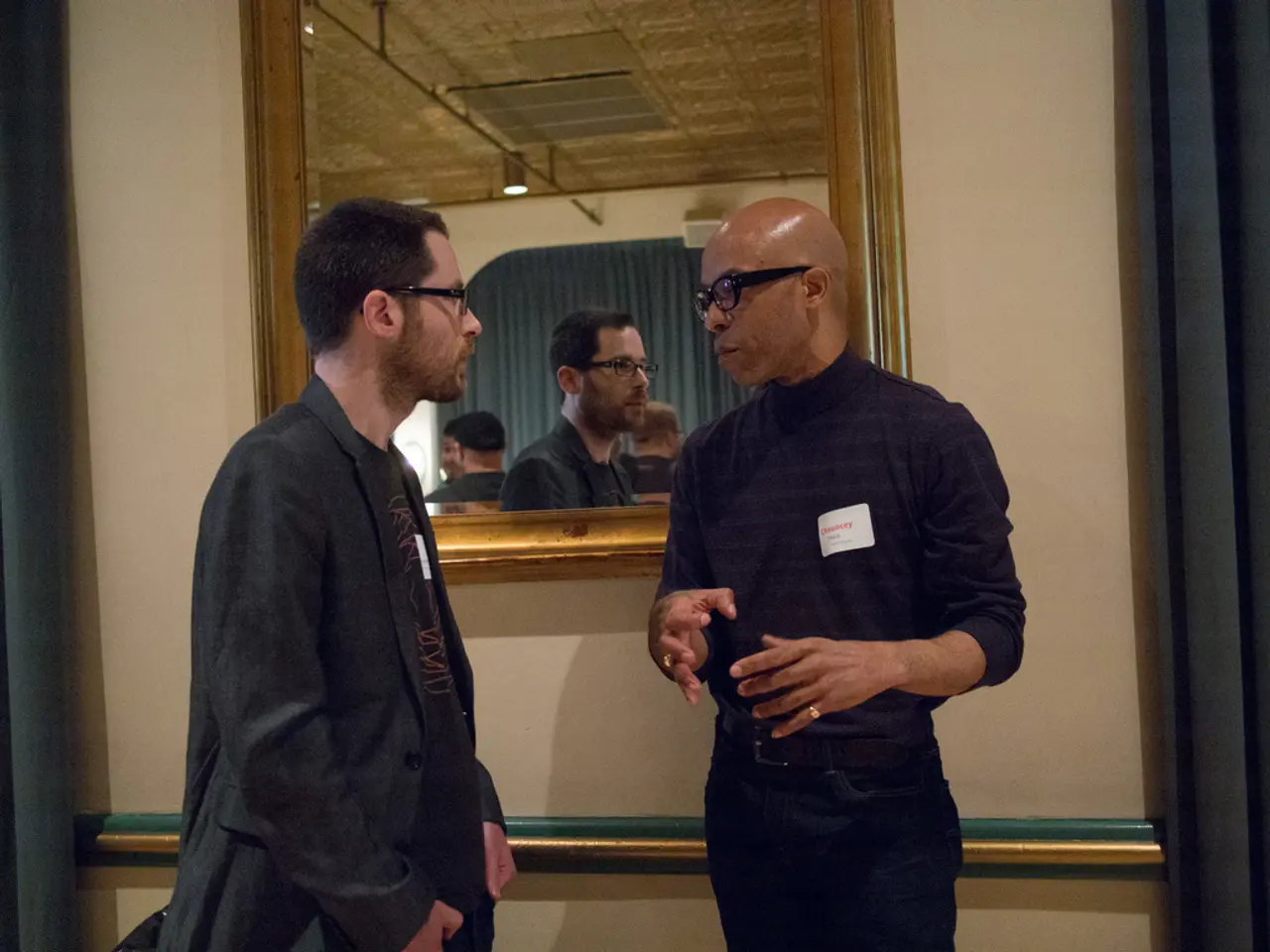Urgent Appeal for Environmental Awareness
In the ongoing battle against climate change, it's crucial to acknowledge and incorporate the wisdom and experiences of African Americans. The phrase "Your mama didn't raise no fool" serves as a powerful reminder of the responsibility and wisdom Black people bring to the table when addressing climate and environmental injustice.
The Black youth-led Student Non-Violent Coordinating Committee (SNCC), founded in North Carolina, was a force of advocacy for social justice issues, including environmental racism. This legacy continues today, with Black communities disproportionately impacted by social impacts of climate change, such as hurricanes, floods, and vector-borne diseases.
Enslaved Africans, brought to America against their will, shared valuable knowledge and skills through songs like "Wade in the Water" and "Follow the Drinkin' Gourd," which embraced nature and freedom as one and the same. Their contributions to agriculture, particularly in the cultivation of rice in South Carolina, are still felt today.
The 1890 land-grant institution program established state-affiliated Black colleges and universities that focused on research mainly in the areas of agriculture, forestry, and food. These institutions continue to develop innovations around renewable energy, biotechnology, and food safety.
The Green 2.0 report identified a marked increase in the number of Black and brown people staffing large environmental foundations and organizations, but leadership roles only increased by one or two, on average. This underscores the need for more Black voices and leadership in issues of climate change and environmental justice.
Environmental justice approaches should explicitly integrate racial and socioeconomic justice as fundamental components, acknowledging how systemic racism compounds vulnerability to climate change effects. This involves honoring cultural wisdom and activism traditions, as seen in the example of global Black environmental leaders like Wangari Maathai.
Concrete steps to center Black voices include funding and partnering with Black-led environmental justice groups, ensuring representation of African American leaders in climate organizations and policy decision-making, and public education campaigns highlighting how environmental degradation intersects with systemic racism and health inequities in Black communities. Advocating for policies that address structural inequalities in environmental exposure and access to resources, including reparative approaches, is also crucial.
The climate crisis, exacerbated by record-breaking hurricane seasons and crop devastation, requires more Black voices and leadership. The coronavirus pandemic has further highlighted health disparities, with Black and brown communities suffering the highest percentage of infection and death.
Black, brown, and Indigenous environmental groups have made it clear that restorative and culturally competent climate solutions are a must if we are serious about equitable climate solutions. Heather McTeer Toney, an environmental leader, writes about the importance of Black wisdom in the climate movement.
The climate movement can better incorporate and center the wisdom and experiences of African Americans by supporting Black-led grassroots environmental organizations, educating broadly about specific environmental challenges that marginalized Black communities face, and advocating for equitable policies that ensure access to clean air, safe water, and green spaces. Recognizing the historical context—such as the legacy of redlining and segregation that located many Black communities in environmentally hazardous areas—is crucial for understanding and addressing health disparities like asthma and lead poisoning that disproportionately affect African Americans. Centering Black voices means valuing their lived experiences and leadership in shaping climate resilience and environmental justice efforts.
- Incorporating Black wisdom and experiences in environmental justice is vital, as emphasized by the phrase "Your mama didn't raise no fool," serving as a reminder of the responsibility and wisdom that Black people bring to climate change discussions.
- The Student Non-Violent Coordinating Committee (SNCC) was a trailblazer in advocating for social justice, including environmental racism, with its roots in the African American community.
- The contributions of enslaved Africans, such as their agricultural knowledge and cultural songs, have significantly influenced American nature and environmental practices even to this day.
- Black colleges and universities, established through the 1890 land-grant institution program, have been instrumental in researching renewable energy, biotechnology, and food safety, continuing the legacy of innovation started by enslaved Africans.
- The Green 2.0 report revealed an increase in staff diversity in environmental foundations and organizations but stated that leadership positions remain limited, necessitating more Black voices and leadership in climate change and environmental justice.
- To ensure racial and socioeconomic justice in environmental approaches, it is essential to honor cultural wisdom and activism traditions, as done by global Black environmental leaders like Wangari Maathai, and to center Black voices in climate organizations, policies, and grassroots environmental efforts.




